Hispanic Heritage Month is an opportunity to honor Latin American contributions to American culture. Below are five contemporary Latin American authors whose writings grapple with the promise and peril that Latine people face in chasing the American dream. With pathos and humor, they offer insights on honoring the past while pursuing a just and authentic future.
Xochitl Gonzalez, Olga Dies Dreaming
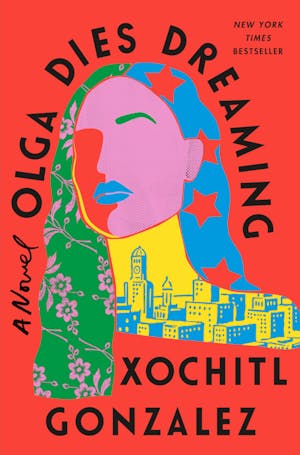
Xochitl Gonzalez’s 2022 debut novel is a polyvocal tour de force that spans time and space. The story alternates between the modern-day perspectives of Olga and her brother Prieto and is punctuated by letters through the years from their estranged mother, Blanca. Olga is an ambitious, fiercely independent wedding planner pursuing the twin American dreams of wealth and fame. These pursuits prompt her to consider her ethics and her loyalty to her family and Puerto Rican heritage. Her brother Prieto is a young congressman, trying to fairly represent his constituents while concealing parts of himself. Their parental advice comes from didactic letters by their mother Blanca who abandoned her young children to join The Young Lords and fight for Puerto Rican independence. Hulu produced a multi-million pilot based on the book but eventually passed on the series.
Cristina García, Dreaming in Cuban
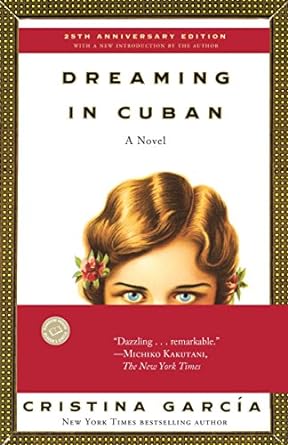
Latine people reckoning with the American dream is also at the heart of Dreaming in Cuban, which focuses on three generations of a Cuban American family. The three Del Pinto women whose voices dominate the book have radically different ideas on culture and identity. Middle-aged Lourdes is profoundly, even fanatically, American, and is endlessly grateful for having immigrated to the U.S. Her teenage daughter Pilar does not share her patriotism and longs to connect more meaningfully to her Cuban roots. She does this mainly through telepathic exchanges with her grandmother Celia who remains in Cuba, waiting on a romanticized personal and political revolution that has yet to arrive.
Gloria Anzaldúa, Borderlands/La Frontera
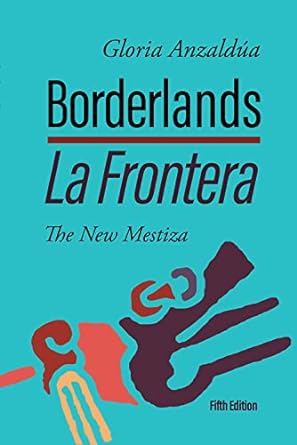
In a format that merges personal reflections and cultural analysis, Anzaldúa theorizes about the ways that she, a queer Mexican American woman, occupies spaces that bridge cultures and defy easy definitions. In her often anthologized essay from this collection, “How to Tame a Wild Tongue,” Anzaldúa illustrates the ways she’s had to break the molds of white, female, heteronormative expectations. She reclaims the pejorative term “mestizo” by suggesting a new way of seeing a “mixed blood” Latine identity. For Anzaldúa, having a cultural past comprised of different influences offered more opportunities for seeing and understanding the world.
Sandra Cisneros, Woman Hollering Creek
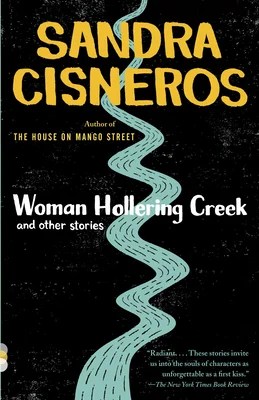
Cisneros’ short story collection is divided into three parts that correspond to the sections of a woman’s life—childhood, adolescence/coming of age, and adulthood. Throughout the stories, she chronicles the many uneasy lessons that Latine girls and women learn as they move through life. While the collection contains many gems, the story, “Mericans” offers insight into what it means to be Mexican American in a short, amusing form. The childhood narrator of this story is visiting her grandmother in Mexico and is impatiently waiting for her grandmother to conclude her prayers. White American tourists mistake her and her brother for “real” Mexican children and they play along, getting their pictures taken in exchange for free gum. The narrator decides that she and her brother are not Mexican like her pious grandmother who takes too long at her prayers, nor are they as American as the tourists. Instead, she decides they are a hybrid: Mericans.
Martín Espada, Alabanza: New and Selected Poems 1982-2002
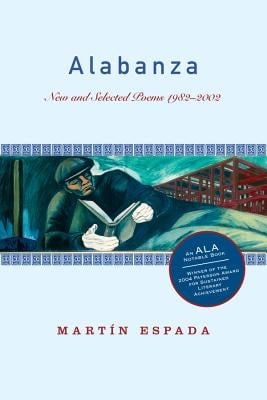
This collection contains selections from seven of the award-winning poet’s books. In his lifetime, Puerto Rican author Martín Espada has worked as an educator, activist, and tenant lawyer. His works merge personal and political themes, with his poetry personifying the struggles for economic and social justice. A standout in the collection is his poem, “Jorge the Church Janitor Finally Quits,” in which the speaker realizes that as much as he longs to be seen by the white Americans he encounters, his native Honduras is “outside the city of their understanding” and he must look elsewhere to be acknowledged and appreciated.
Whatever genre you prefer—fiction, poetry, or nonfiction—all the authors listed above offer plenty of food for thought on the lived Latin American experience. Their writings are a fitting way to honor Hispanic Heritage Month.
(featured image: Flatiron Books/Ballantine Books/Aunt Lute Books)



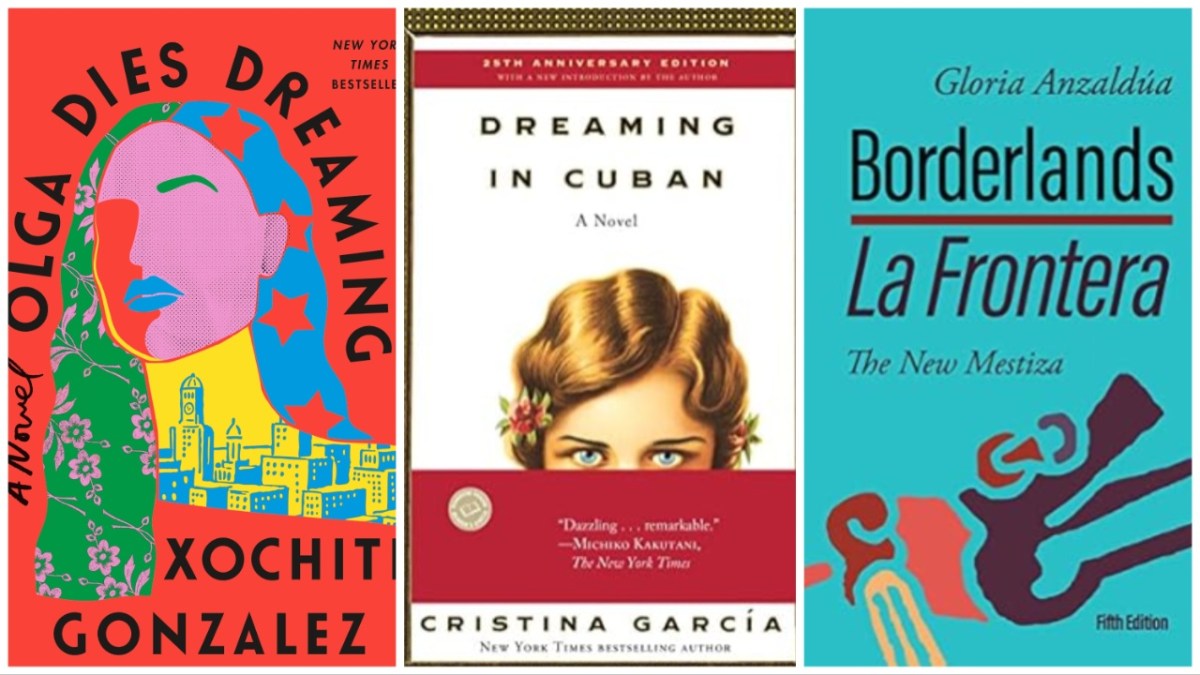





Published: Sep 30, 2023 05:24 pm